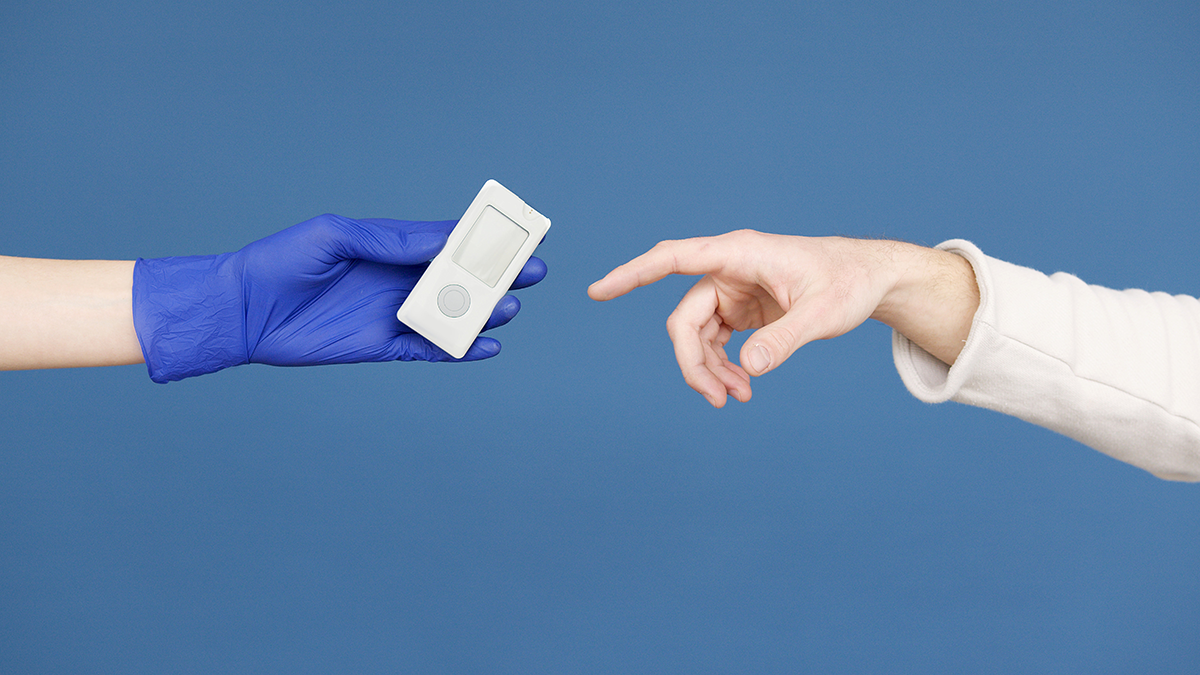Risk of Developing Type 1 Diabetes
The CDC predicts that 37.3 million Americans have diabetes, making it one of the most common chronic diseases in the United States. Out of these people, 1.45 million have type 1 diabetes.
Type 1 diabetes is a chronic autoimmune disease where your pancreas can’t produce insulin. As a result, those with the illness must perform daily management for blood sugar monitoring and insulin injection.
Because it’s a disease many people in the States have, it’s essential to know the risk of developing type 1 diabetes. Understanding this can help prevent its more severe effects and damage.
Risk factors for type 1 diabetes

Type 1 diabetes (also known as insulin-dependent diabetes) is a genetically-driven disease. Therefore, the three primary risk factors of this illness include:
- Age – Type 1 diabetes can occur at any age. However, it generally develops in younger adults and children.
- Genetics – Certain genes might increase the likelihood of developing type 1 diabetes (known as HLA-DQA1, HLA-DQB1, and HLA-DRB1). A doctor can test for these genes.
- Family history – Having close family members with type 1 diabetes raises the chance of getting the disease. The risk increases if both parents have type 1 diabetes.
As seen, the risk of developing type 1 diabetes is limited. Unlike type 2 diabetes, type 1 isn’t developed from lifestyle choices. Anybody is susceptible to type 1, regardless of their healthy, active lifestyle.
What causes type 1 diabetes
Insulin-dependent diabetes occurs when your immune system mistakenly targets and eliminates insulin-producing cells in your pancreas. This destruction can unfold over months or years, eventually leading to insulin deficiency.
Although scientists are unsure of the origin of Type 1 diabetes, they believe it has a significant genetic component. A study produced by Pediatr Diabetes suggests that the general risk of this disease is 0.4%. However, children with type 1 diabetes have an average lifetime risk of 6-7%.
But we must note that it’s well-documented that scientists have mentioned that environmental chemicals (Air pollution, tobacco smoke, etc.) might trigger or accelerate the development of type 1 diabetes.
Is type 1 diabetes preventable?
Though scientists are working on ways to slow down or prevent the progression of insulin-dependent diabetes, it’s still undiscovered. Therefore, you can do little to avoid Type 1 diabetes.
However, there are methods to reduce the severity of the illness:
- Monitoring and managing your blood sugar levels effectively
- Following your doctor’s advice on how to live a healthy lifestyle
- Getting regular health check-ups that showcase your overall wellness and seeking improvement
These are the only ways to decrease the damage of type 1 diabetes. But remember, it will never prevent it.
Additionally, if you’re diagnosed with type 1 diabetes, you must get educated on self-management. Knowing about the disease can undoubtedly reduce the risks involved.
Conclusion
After reading the above, you should understand the risk of developing type 1 diabetes. As you now know, this disease is genetically driven. Therefore, it’s more likely to affect those that already have the illness in the family.
If you’d like to learn more about becoming a pioneer in diabetes research you can check out our current studies at the link below.
